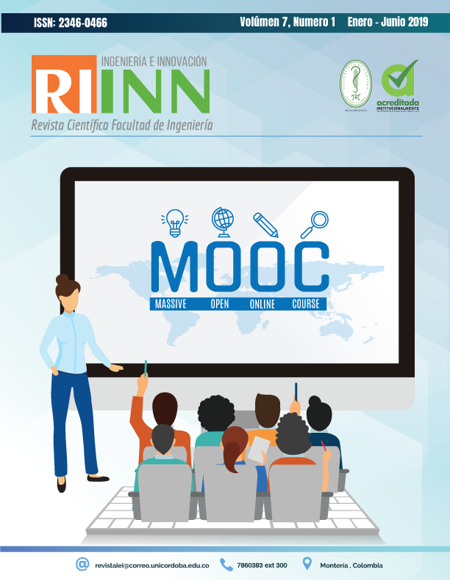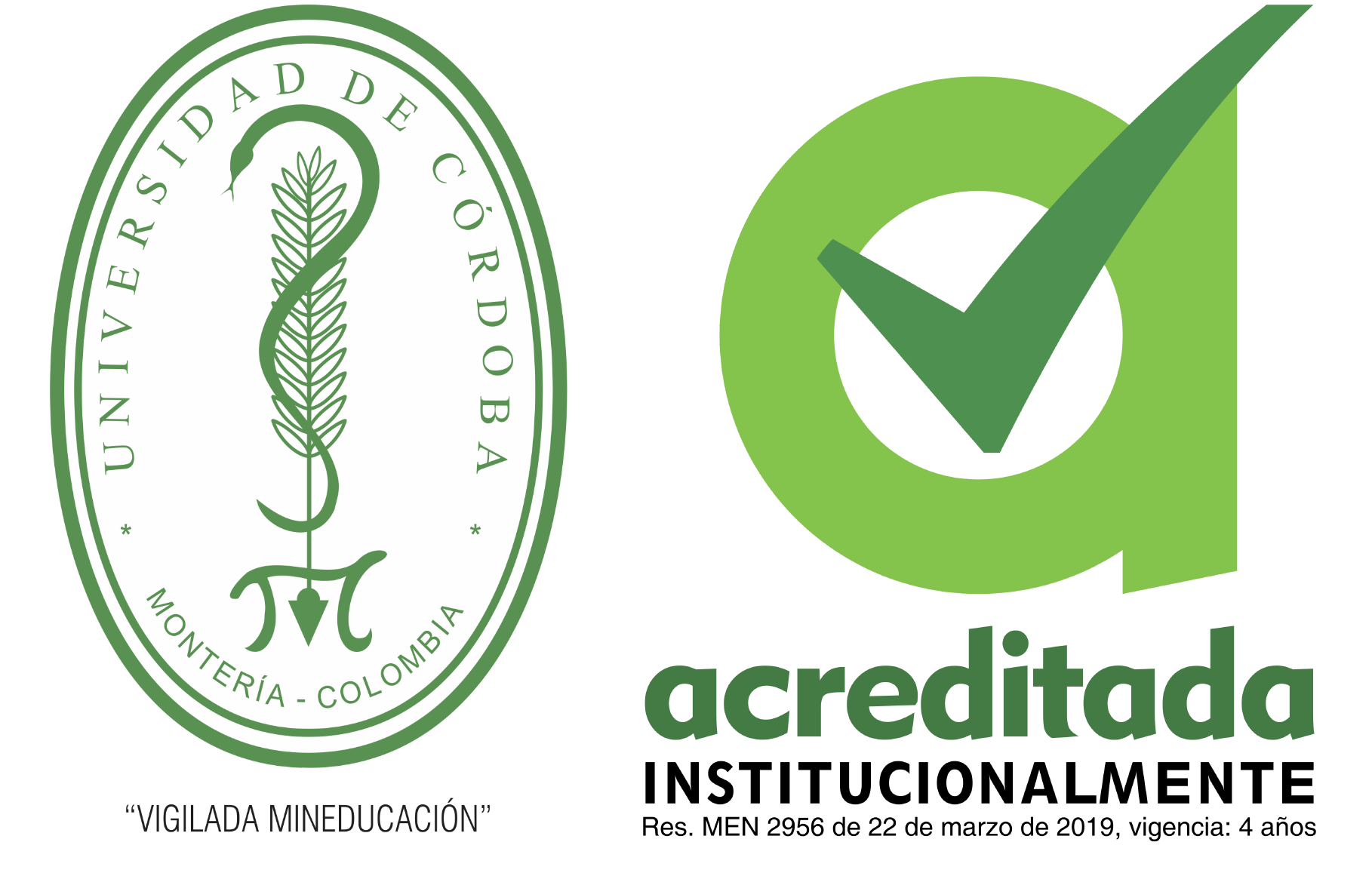Towards the creation of the MOOC for the Improvement in Traffic to Higher Education
Hacia la creación del MOOC para el Mejoramiento en el Tránsito a la Educación Superior
Show authors biography
In Colombia and specifically in the department of Cauca, there is low income and high desertion of young people from ethnic and rural communities in higher education. Within the framework of this problem, the MenTES program emerged, whose purpose is to promote that this population band not only access the university, but that it be academically supported in it. However, without ignoring the remarkable nature of this program, it was evident that there was a lack of coverage, especially in remote or difficult areas of the department. This is how this paper presents the design of the MOOC for Improvement in Traffic to Higher Education; a virtual strategy with an open and massive character that aims to train teachers so that they can replicate the experience of the MenTES program in their communities.
Article visits 924 | PDF visits
Downloads
[1]. Alario-Hoyos, C., Pérez-Sanagustín, M., Cormier, D., & Delgado-Kloos, C. (2014). Proposal for a Conceptual Framework for Educators to Describe and Design MOOCs. Recuperado 17 de septiembre de 2018, de http://www.jucs.org/jucs_20_1/proposal_for_a_conceptual
[2]. Arturo Amaya, A., & Alvarez, M. V. (2015). Beneficios de los MOOC en la Educación Superior. Memorias del Encuentro Internacional de Educación a Distancia, 0(4). Recuperado de http://www.udgvirtual.udg.mx/remeied/index.php/memorias/article/view/75
[3]. Chen, X., Barnett, D., & Stephens, C. (2014). Fad or future: The advantages and challenges of massive open online courses (MOOCs). Research-to Practice Conference in Adult and Higher Education.
[4]. Corchuelo, M., Benavides, P., Arévalo, D., Ordoñez, M., León, D., Carvajal, C., & Montenegro, L. (2017). MenTES - Mejoramiento en el trásito a la educación superior en el Cauca (Vols. 1–Miguel Corchuelo). Sello Editorial Universidad del Cauca.
[5]. Jobe, W. (2013). Mobile Learning for Human Rights in Kenya: The Haki Zangu Case For Non-Formal Learning. En ICT for Anti-Corruption, Democracy And Education In East Africa (pp. 67-82). Katja Sarajeva, Kista: SPIDER.
[6]. Kilde, J., & Gonzales, L. (2015). A Connective MOOC for K-12 Science and Mathematics Teacher Professional Development in Native American Pueblo Schools. En Proceedings of the Seventh International Conference on Information and Communication Technologies and Development (pp. 46:1–46:4). New York, NY, USA: ACM. https://doi.org/10.1145/2737856.2737871
[7]. MenTES | InnovAcción Cauca. (2014). Recuperado 16 de septiembre de 2018, de http://www.unicauca.edu.co/innovaccioncauca/content/mentes
[8]. Nordin, N., Embi, M. A., & Norman, H. (2016). Towards Envisioning the Future of Learning in Malaysia: Development of a Malaysia MOOC Based on the Iterative ADDIE Instructional Design Framework. En J. E. Luaran, J. Sardi, A. Aziz, & N. A. Alias (Eds.), Envisioning the Future of Online Learning (pp. 269-279). Springer Singapore.
[9]. Pérez-Sanagustín, M., Maldonado, J., & Morales, N. (2016). Estado del arte de adopción de MOOCs en la Educación Superior en América Latina y Europa. MOOC-Maker Constr. Manag. Capacit. MOOCs High. Educcation, 1. Recuperado de http://www.mooc-maker.org/wp-content/files/D1.1-InformeMOOCLatam-vFINALDEFINITIVO_Spanish.pdf
[10]. SNIES - Sistemas información. (s. f.). Recuperado 17 de septiembre de 2018, de https://www.mineducacion.gov.co/sistemasdeinformacion/1735/w3-propertyname-2672.html




